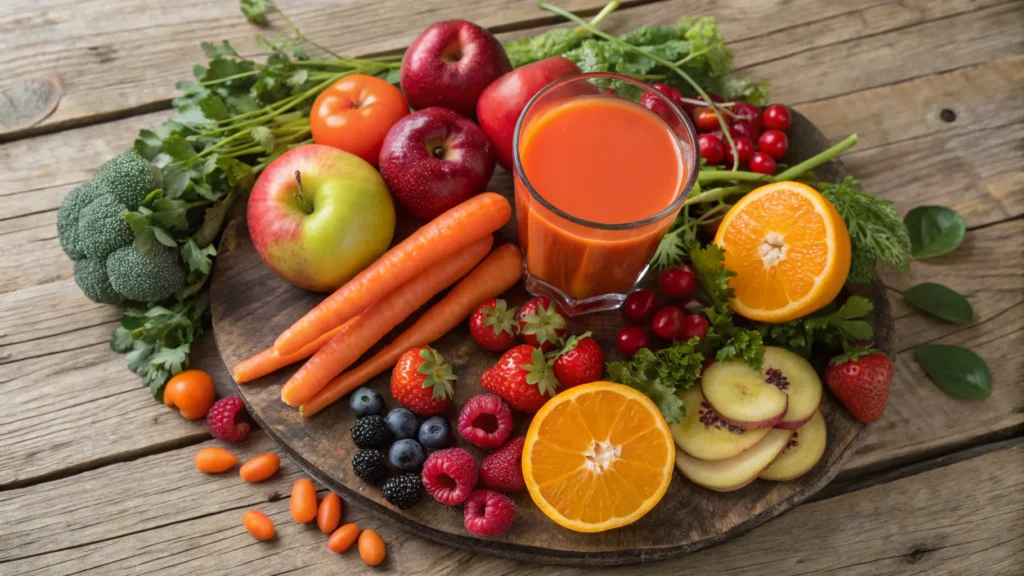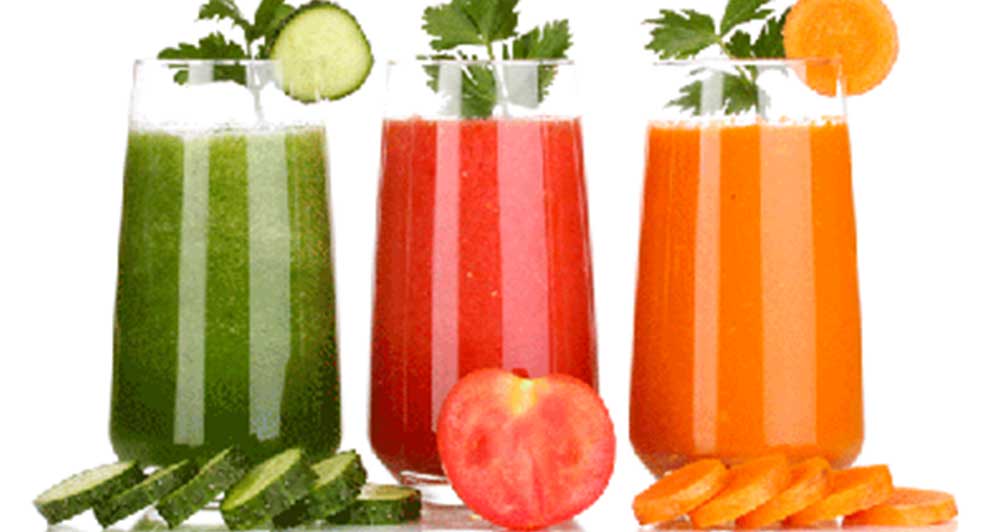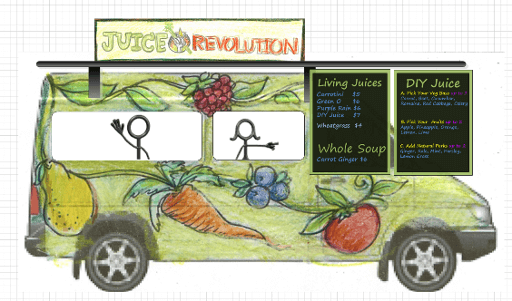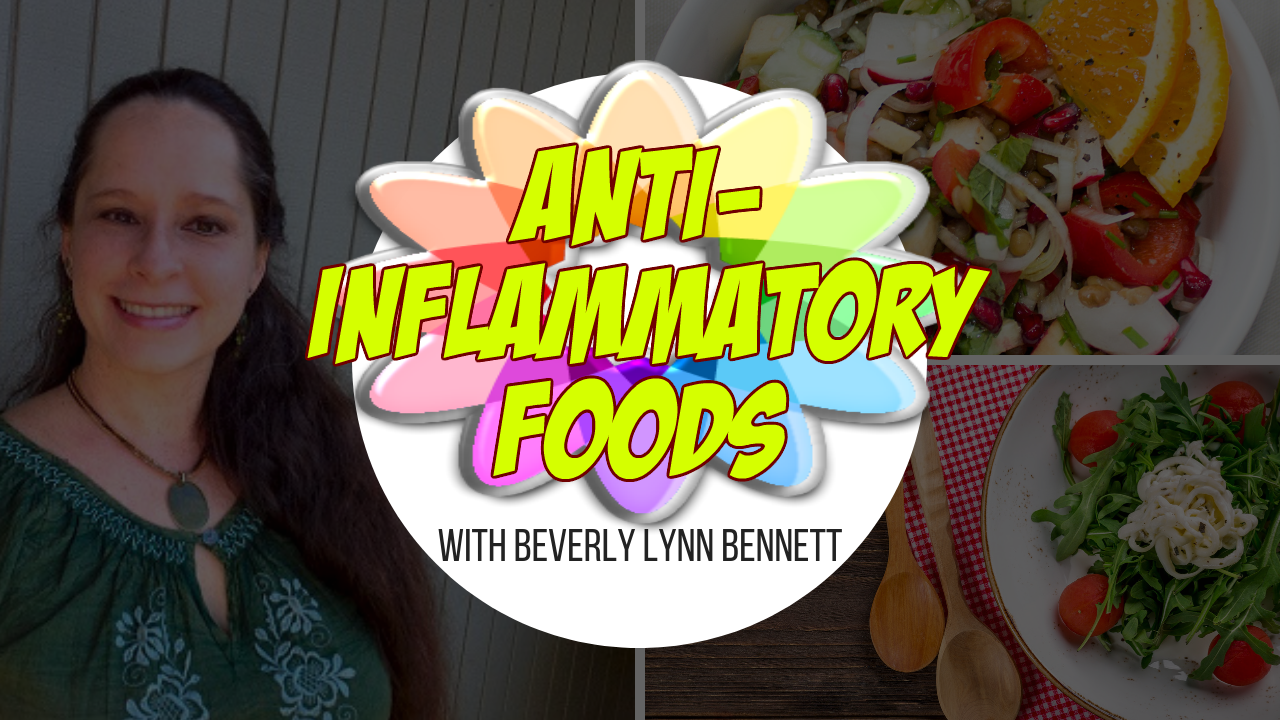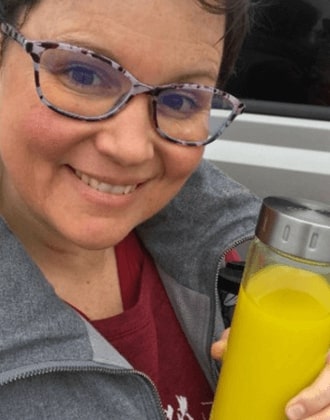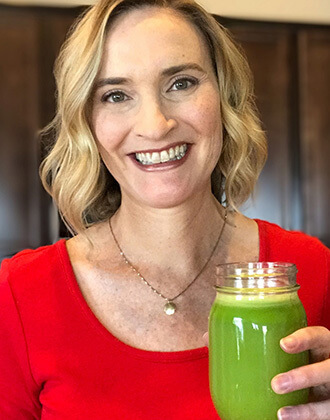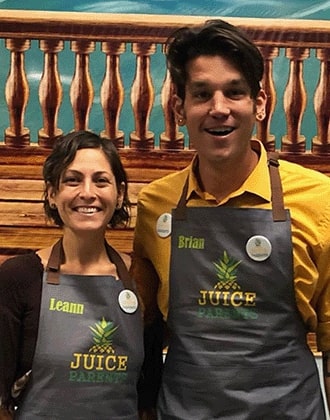Welcome to the world of juicing! It’s an exciting journey, packed with vibrant colors, fresh flavors, and numerous health benefits. However, like anything in the health and wellness industry, there are crucial factors to consider—especially when it comes to the freshness of your juice. Today, we’re diving into the potential dangers of consuming fresh cold-pressed juices that are older than three days.
Understanding Fresh Juice
First off, let’s talk about what we mean by “fresh.” When you make juice at home or buy it from a reputable juice bar, you want it to be as fresh as possible. Fresh juice is packed with nutrients, enzymes, and flavors that can significantly benefit your health. Fresh juice is also a great choice for the entire family due to its taste and health benefits. But how long does that freshness last?
The Role of Juicing Methods in Freshness
The type of juicer you use plays a significant role in how long your juice stays fresh. Fast centrifugal juicers, which use high-speed spinning blades, introduce a lot of heat and oxygen into the juice, causing rapid oxidation. As a result, juice made with a centrifugal juicer should be consumed almost immediately for maximum nutritional benefit. On the other hand, slow juicers—also known as masticating juicers—operate at lower speeds, reducing heat and oxidation, allowing the juice to retain nutrients for up to 24 hours when stored properly in an airtight glass container. For the longest-lasting fresh juice, twin-gear juicers (triturating juicers) are the gold standard. Studies have shown that juice made with a twin-gear juicer can maintain its nutrient profile and freshness for up to three days when refrigerated. However, even with the best juicer, it’s crucial to store your juice properly and consume it within its safe window to avoid nutrient loss and potential bacterial growth.
The Three-Day Rule
Most experts agree that fresh cold-pressed juice is best consumed within three days of being made by a triturating slow juicer only. After this period, the juice can start to lose its nutritional value and, more importantly, become a breeding ground for harmful bacteria.
What Happens After Three Days?
-
Nutrient Degradation: Over time, vitamins like A, C, and E begin to break down, meaning the juice no longer provides the full spectrum of health benefits.
-
Bacterial Growth: Without preservatives or pasteurization, fresh juice can quickly become an environment where bacteria flourish, increasing the risk of foodborne illnesses.
-
Oxidation: The longer juice sits, the more it oxidizes, leading to changes in taste, color, and nutritional quality.
Chemical Reactions that Affect Freshness
Chemical reactions such as oxidation, enzymatic browning, and microbial growth can affect the freshness of cold-pressed juices. Oxidation occurs when the juice comes into contact with oxygen, leading to the formation of off-flavors and off-odors. Enzymatic browning is a reaction that occurs when the juice is exposed to oxygen, heat, or light, causing the formation of brown pigments. Microbial growth can occur when the juice is contaminated with bacteria, yeast, or mold, leading to spoilage.
The Hidden Dangers of Expired Juice and Lost Nutrients
Beyond nutrient loss, consuming juice that is older than three days can pose serious health risks. Harmful bacteria such as E. coli, Salmonella, and Listeria can multiply in juice that hasn’t been properly stored or consumed within its safe window. Symptoms of foodborne illness can range from mild digestive discomfort to severe cases requiring medical attention and even death. This is especially concerning for children, pregnant women, and individuals with weakened immune systems.
Additionally, as juice ferments, it can develop a sour taste and even become fizzy due to the natural breakdown of sugars. While some may think this is harmless, fermented juice can produce alcohol and other byproducts that alter its safety and efficacy. If your juice smells or tastes off, it’s best to discard it immediately rather than risk your health.
High-Pressure Processing vs. Fresh Cold Pressed Juice
In recent years, high-pressure processed (HPP) juices have gained popularity because they last longer on store shelves. While HPP extends shelf life by reducing bacterial growth, it’s important to remember that these juices are not the same as fresh cold-pressed juices. They may retain more nutrients than pasteurized juices, but they are still often weeks old by the time they reach consumers. Fresh juice provides the highest level of nutrients and enzymes—something that no extended shelf-life method can truly replicate.
How to Ensure You’re Drinking Fresh Juice In Store
To make sure you’re getting the highest quality juice possible, follow these guidelines:
-
Check for a Made-On Date: Whenever possible, buy juices that are clearly labeled with the date they were made—not just an expiration date.
-
Avoid Plastic Bottles: Fresh juices are often packaged in glass bottles to prevent chemical leaching and preserve quality.
-
Ask Questions: If buying from a juice bar, ask when the juice was made. If they can’t give you a clear answer, consider other options.
-
Trust Your Senses: If the juice smells bad, tastes sour, or has an unusual texture, don’t take chances—throw it out.
Final Thoughts
Cold-pressed juices are an incredible way to flood your body with nutrients, but only when consumed at their peak freshness. If you’re making juice at home, aim to drink it within three days, and if you’re purchasing from a juice bar or store, always prioritize transparency and quality. By doing so, you can ensure that every sip of juice truly nourishes your body rather than putting your health at risk.
